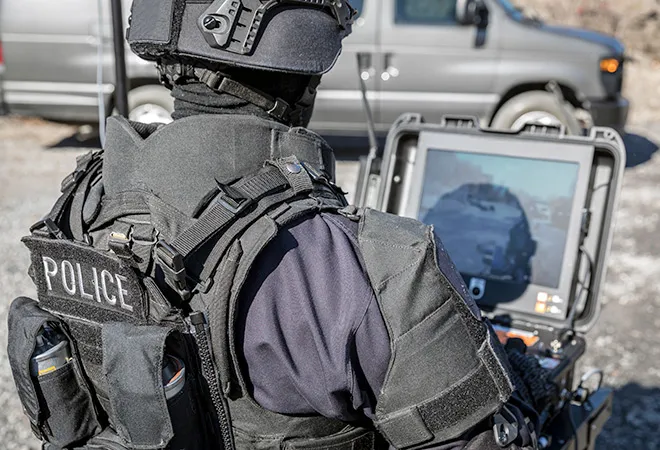
The nature of terrorism has evolved over the years, as has the attitude of governments towards terrorists. Before the September 2001 attacks in the United States, one state’s terrorist was considered another’s freedom fighter. After 9/11 and the subsequent US war against Al Qaeda and the Taliban in Afghanistan, this thinking changed as Washington managed to create a global consensus against terrorism and shifted its attitude from a law-enforcement approach to a ‘zero-tolerance’ war approach against terrorists everywhere.
It has been over 17 years since the US entered Afghanistan with the aim of defeating the Taliban and ensuring that the country was never used as a launchpad for terrorist groups. However, the US and its allies have not yet managed to defeat the Taliban, calling into to question the effectiveness of the US’ counterterrorism strategy. A hardcore military approach to defeating the insurgent group has proven ineffective, and there are important lessons to be learnt.
As the global leader in the “War on Terror,” the US has made the massive mistake of not dealing with the issue of state sponsorship of terror. Instead, it differentiates between state sponsors of terrorism depending on the Us’ need for them. Pakistan is a prime example of this, vis-à-vis the situation with the Taliban. Even if the US were to succeed in defeating the Taliban, Pakistan’s insecurities are likely to lead to its resurgence. Moreover, Pakistan’s support for militant groups that target and weaken the Kabul government has directly impacted US national security interests. However, appropriate action is yet to be taken against Islamabad. Until the US decides to deal with state sponsorship of terrorism in an organised and uniform manner, the fundamental problems of militancy and radicalisation will remain.
Counter-radicalisation is a vital component of any counterterrorism strategy. However, as nation states begin to shift the goal posts of what constitutes terrorism, creating a counter radicalisation strategy becomes difficult. While the US once vowed to defeat and destroy the Taliban, it is now seeking peace with the group, desperate to leave Afghanistan in what has been their longest war. The Taliban, too, are aware that they have the upper hand vis-à-vis Washington. They know the US wants to leave and they realise that all they need to do, is continue doing what they are doing, until the US gives up and exits. Going into negotiations, any settlement which makes the Taliban feel like they have won, will vindicate the idea that if a country sponsors terrorism they can be successful.
The loss of territory for the Islamic State (IS) in Iraq and Syria does not mean that the group has been defeated. It shows—as does the case of the Taliban—that a terrorist group’s ideology remains resilient, despite battlefield losses. While ideology is only one of many components that drive radicalisation (others being economic, political and social factors), it is the most tenacious one. The Taliban remain committed to their regressive and aggressive version of Islam, devoid of fundamental human rights that the Kabul government offers its citizens. Thus, while a terror group might change its strategies, the fundamental ideology that drives the group remains the same, making it difficult to ‘change hearts and minds’.
The threat that terrorism poses is challenging to counter and defeat, especially when their strategies are constantly changing. If Al Qaeda is considered the first model for jihad and the IS—with its quest for a territorial caliphate and its rampant social-media usage—the second, more developed model, what can be expected of terrorist groups in the future? History has shown that when a terrorist group holds territory, conventional warfare is possible. A new phase of jihad will then, perhaps, focus not on holding territory
but on undermining democracies using the power of the internet. It is important for states to, therefore, learn from the lessons of the past and to better anticipate and counter future threats.
This essay originally appeared in Raisina Dialogue Conference Report 2019
The views expressed above belong to the author(s). ORF research and analyses now available on Telegram! Click here to access our curated content — blogs, longforms and interviews.




 PREV
PREV


